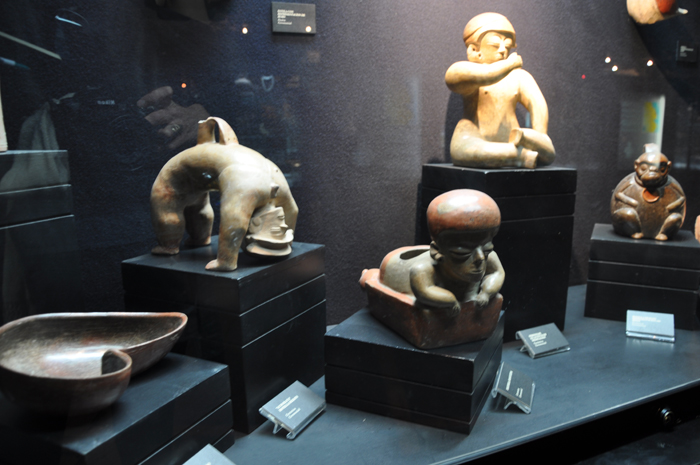 “We got greedy in the 1980s, grungy in the ’90s and geeky in the noughties. This decade, we’re eager to explore our potential.” [1]
“We got greedy in the 1980s, grungy in the ’90s and geeky in the noughties. This decade, we’re eager to explore our potential.” [1]
On my flight home from Melbourne I read an article that excited me. It was called “Meet the Potentialists”. A movement I suppose we could label “Potentialism” is very much in line with what the approach to life I labeled “Creativism” – a life based on discovering and fulfilling one’s creative potential. I think potentialist and potentialism is probably better terminology than creativist and creativism – it’s broader and less close to “creationism”, bit less confusing. What do you think?
(To see entry “Creativism: a Philosophy of Life”, click here)
According to social researcher Mark McCrindle, “The ’90s were about buying bigger, better and more, and then it all ended with a crash… as a result, one in five Australians have decided to use the downturn as a catalyst to reorient their lives.” ONE IN FIVE! That’s a pretty good start!!! “Working from home is one of the key drivers of what we call the ‘hobby-preneurs,” said Mark McCrindle. “Turning a hobby into a business is a way of having it all – of fulfilling your potential and turning something you really enjoy doing into an income earner.” Potentialists are men and women, of all ages and incomes (although I must note Sydney ranked fourth after Melbourne, Perth and Brisbane – come on guys, pick up your act!) still that’s pretty incredible! [2]
Australia isn’t alone in this trend. A quick google searched identified Canadians as movers and shakers too. A survey showed that more than a third of Canadians (38%) actively have a Potential List, and nearly everyone in this group (94%) predicts they will accomplish all or some of the goals they have set out for themselves.’ (A “Potential List” is like a dream board.) “Topping the items included in Canadians’ Potential Lists are travel (77%), philanthropy (41%), learn a new language (32%) and living in a different country (32%) – all activities that align with priorities previously identified by Potentialists to actively live an enriching life.” [3]
I couldn’t find a definition so I thought I’d make up my own:
A “potentialist” is an alchemist of potential – someone who strives to achieve their mental, physical and spiritual potential.
And I’m going start a little Potentialism Blog Series based on some writings I did a couple of years ago when I started the search of my own potential (a search which is obviously still under way). I don’t know, but maybe it will help all you potentialists or potential-potentialists out there as you look for ways to realize your own potential.
Picture:
My mum and my friend looking at my artworks that I am both inside and (sort-of) behind the lens of (I framed the shot but obviously I couldn’t hit the button) that are on display in the Manning Building at Sydney Uni. I still get quite a buzz out of the fact that at school I was the non-creative pimple-faced mathematical/business-minded nerd and now I am on the path to discovering my true potential.
References:
[1] Virgin Blue (April 2010) pp. 34-38.
[2] Deborah Robinson, Australians leading the way in a return to Global Financial Optimism (November 2009) URL: http://www.australianwomenonline.com/australians-leading-the-way-in-a-return-to-global-financial-optimism/
[3] ‘Potentialist’ Group On The Rise As Canadian Optimism Improves’ URL:
http://www.newswire.ca/en/releases/archive/March2010/02/c5872.html
Based on online survey by Angus Reid Public Opinion on behalf of American Express January 21-25 2010.









 ‘If a single phrase could encapsulate society in 2015 it would be “more difference and starker differences”.
‘If a single phrase could encapsulate society in 2015 it would be “more difference and starker differences”.